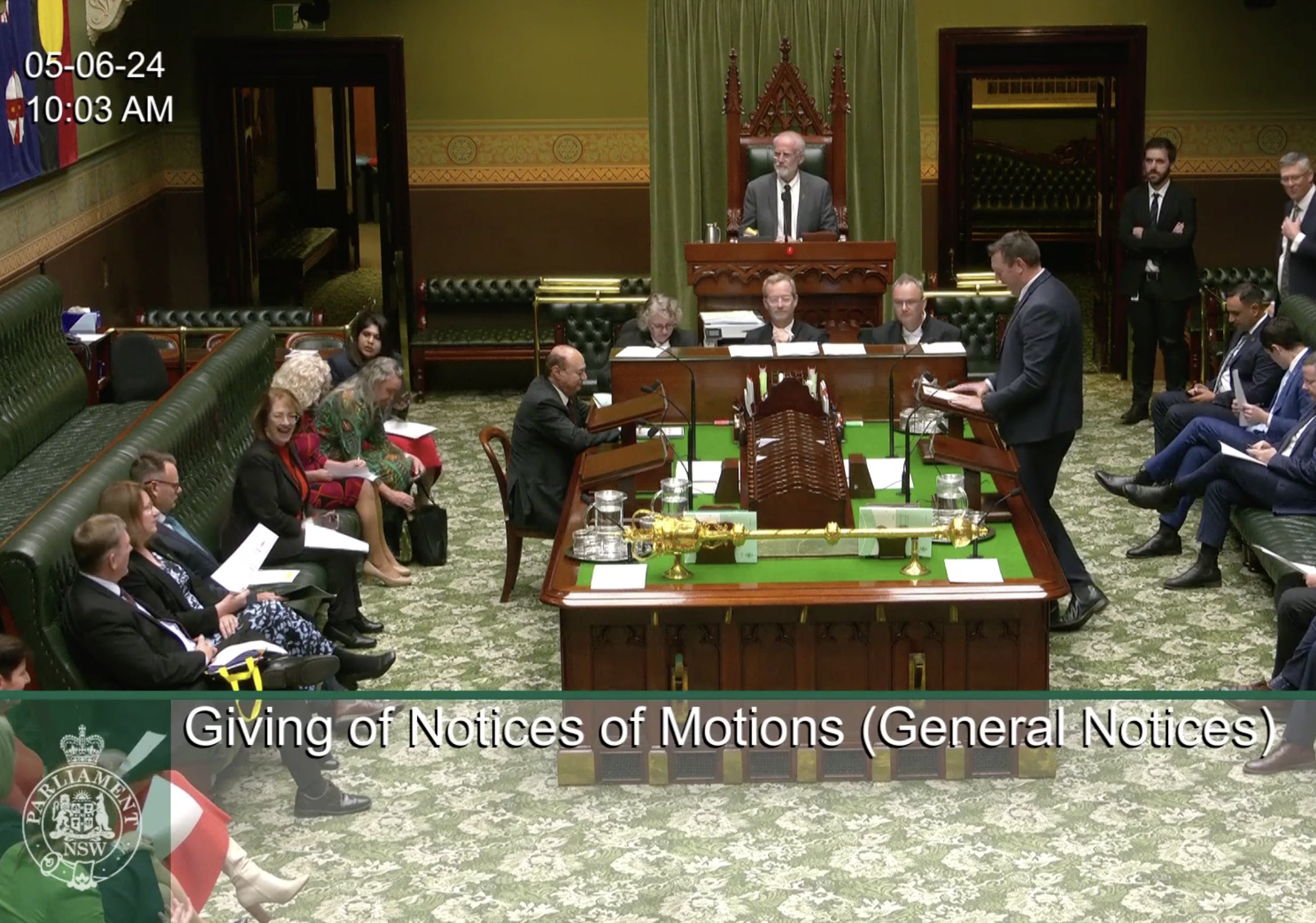Mulloon Institute has advocacy as one of our core activities. We actively engage with government departments, government bodies and politicians in efforts to facilitate landscape rehydration.
And to our pleasant surprise, we are seeing little, surprising wins everywhere… the mindshift has begun.
Australia’s environmental legislation was written in the ‘70s, ‘80s and ‘90s with the noble aim to prevent development and conserve our natural environment. This legislation, though, is inflexible and prescriptive and struggles to separate detrimental development from positive development (the mindset is that all development needs approval) and there are now so many pieces of legislation and approvals that the long, complicated and expensive approval process is stopping positive environmental works.
There is also a bias in legislation to conserve the environmental status quo at a time when our status quo is a degraded, dehydrated environment (agricultural landscapes in Australia have, on average, at least 50% less ability to retain water than before European colonisation). To enable our works we need to shift the conversation from “conservation” to “repair”.
So, for the last five years, Mulloon Institute has been talking to Ministers, public servants and the media about these issues. We’ve had meetings at Macquarie Street and in Canberra, we’ve hosted Prime Ministers, Ministers and MPs at the Mulloon homestead, we’ve conducted seminars and media interviews and built a large coalition of environmental allies and partners. We have also been actively and diligently submitting our comments and recommendations to various government reviews and proposals.
It feels like we are starting to move the dial!
In 2021 the NSW Crown Land Commissioner, Prof Richard Bush, stated in his evaluation of the Crown Lands Act: “There is a need for easier and faster pathways that facilitate and enable environmental restoration works on Crown land and waters through more streamlined approval processes…” and “there is a need for a more proactive approach to achieving environmental outcomes on Crown land, which can be facilitated through the removal of legislative impediments. Currently, environmental protection, restoration, rehydration or enhancement works require the approval or concurrence of multiple authorities and departments….”. One of his recommendations was to “simplify the assessment and approval requirements for environmental works to a single approval”.
In 2022 the NSW Government amended the way landscape rehydration is managed by the NSW Planning System, placing landscape rehydration infrastructure under the State Environmental Planning Policy (Transport and Infrastructure 2021) (SEPP) so we no longer need to receive development approvals from local council’s for our work we now only need to receive approvals from state departments.
In 2023, the NSW Planning Department’s Coastal Harvestable Rights Review noted Environmental Stakeholder Relations recommendations to “consider including ‘leaky weirs’ as a permitted work to access harvestable rights” and “structures such as leaky weirs provide benefits to the environment through hydrating the landscape and allowing water to soak in through the land.”
In 2023 the Water Sharing Plan for the Greater Sydney Metropolitan Region was published with a vision statement for the Plan to provide for: “the health and enhancement of the water sources and their dependent ecosystems” and an objective: “to protect, and where possible enhance and restore, the condition of the watersources and their water-dependent ecosystems.”
On 5 June 2024, the NSW State Government Member for Oxley, Michael Kemp, moved a Notice of Motion to ask the House: “One, to note the expensive and extensive regulatory and compliance costs to remediate damaged creeks for landowners; Two, recognise the Mulloon Institute, in consultation with environmental lawyers, has published a building code solution for landscape rehydration structures; Three, I call on the Minns Labor Government to draft a NSW Landscape Rehydration Code with relevant stakeholders; and Four, I call on the Government to introduce regulations so that landowners who install Code-compliant structures are exempted from NSW Government Departments approvals.”
We are now having high level, serious discussions with senior ministers, senators, MPs and public servants in Canberra and Macquarie Street to educate them about our Landscape Rehydration Code proposal and seek to have them implement the Code.
Our plan is that landowners who repair their creeks and streams with Code-compliant landscape rehydration structures will be exempted from the need to seek approvals from Water, Planning, Environment, Fisheries, etc. Landowners and communities will be able to repair their creeks and streams quickly and efficiently in accordance with the Code.
So here is our call to action. If you have any connections with MPs, senior public servants or other relevant officers in this space, now is the time to get in touch with them, provide them with a copy of the Code and seek their support for the Code.
From little things, big things grow!
